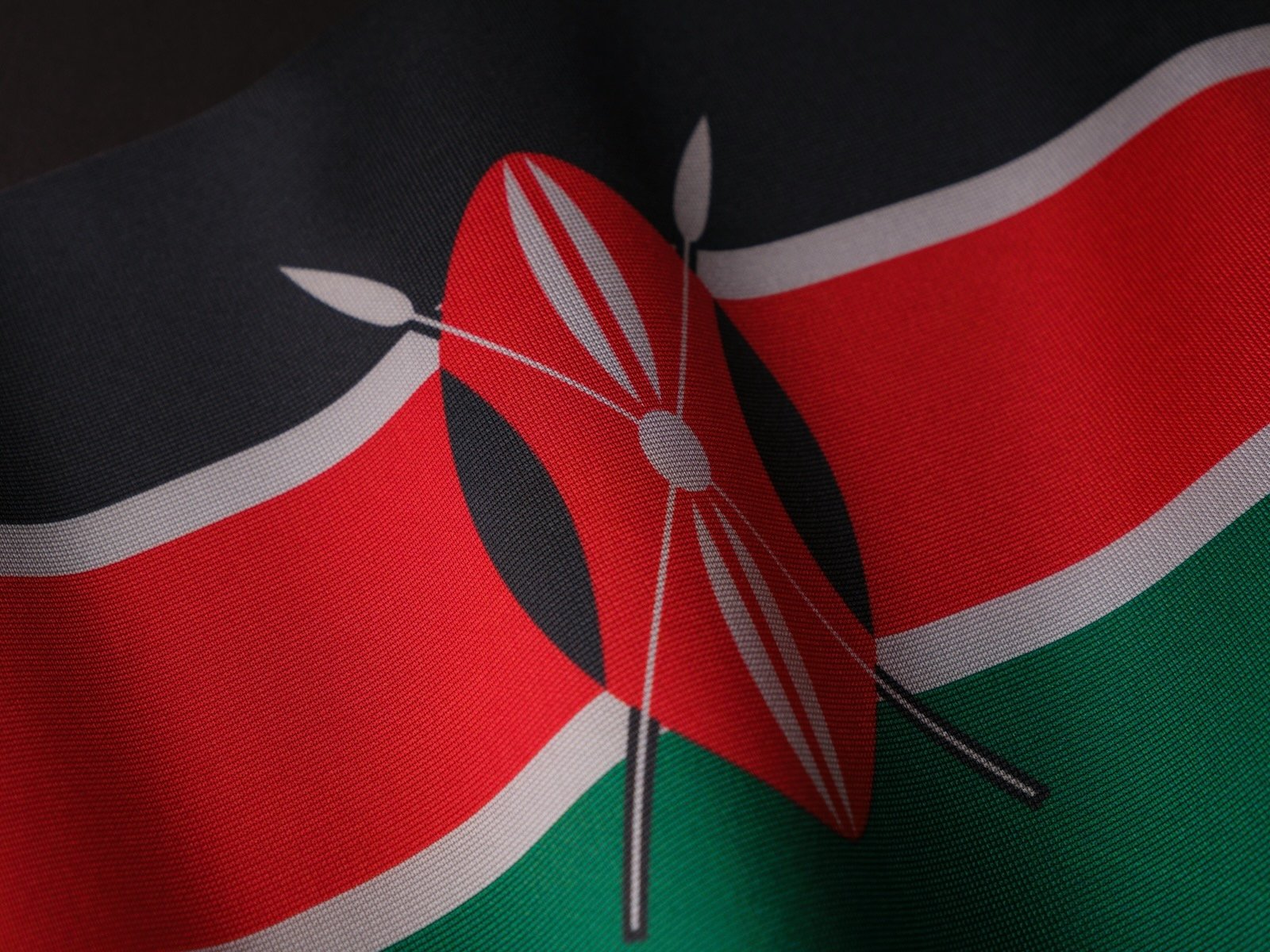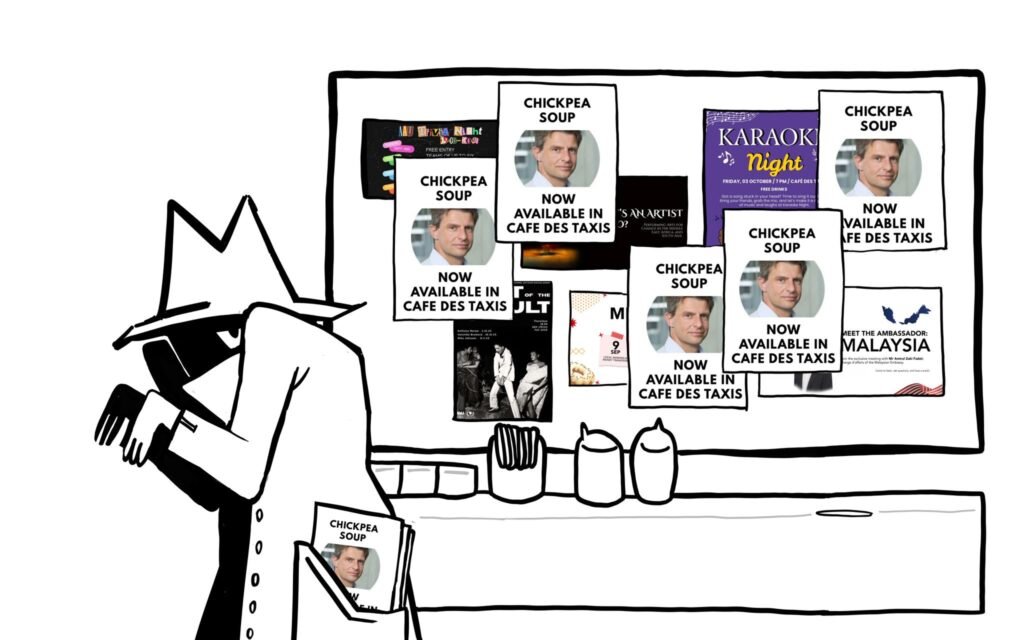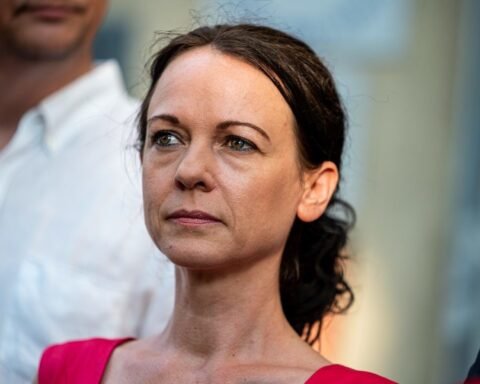Internationally-acclaimed author Wanjiru Koinange spoke with AAU professor David Vaughan at the National Library about her debut novel, a fictional story set during the infamous 2007 Kenyan elections.
Koinange’s writing process draws from her early days in journalism, rooting her stories in research and facts. While Koinange originally planned to work in journalism, she was discouraged from that pursuit by the commercialization she witnessed in mainstream media outlets.
“Journalism is the lens through which I view everything,” she said. “[I] get the truth, get the story and figure out how I play with it in my fiction… I want everything I write to be emotionally true, but it only can be if it’s also factually true.”
Koinange transitioned to writing creative non-fiction, tackling real world events through her fiction. Her first novel surrounds her home country’s National Assembly elections in 2007, which saw mass protests and violence.
The 2007 elections saw the highest voter turnout in Kenya’s history, as the country’s citizens rejoiced at the possibility of a fair election. However, the violence that erupted in the days following, spurred by accusations of rigging, shocked many in the country including Koinange. In just two weeks an estimated 350,000 people were displaced and over 1,200 killed.
“There were hundreds of people gathering around it… There were people inside the church, screaming and crying and waving their hands out of the church windows, begging to be let out…”, she watched as the church was doused in gasoline and lit aflame, “Cheptoo began to scream.” Málková finished softly as she finished reading the excerpt from Koinange’s novel.
In the library, attendees sat silently, eyes locked on actress Máša Málková as she read excerpts from the novel in Czech. The narrative was at times painfully intimate, detailing the character Cheptoo’s escape from Nairobi.
“I was taught by my characters,” said Koinange, recalling being confronted with her own privilege while writing the novel.
During the editing process, Koinange sought the feedback of an older man from an opposing Kenyan tribe, who she asked to show her her own biases, “And he sure did,” said Koinange, laughing.
It was this confrontation during her extensive editing process that Koinange credits with making her novel a best-seller.
“I want to write books for the rest of my life, and when I’m not I want to spend it in a library,” Koinange said. “I want to transform not just what libraries look like, but most importantly what people do in them, and how people feel in them.”
While Kenya has the most libraries in Africa, the state of libraries in her home country was unacceptable to Koinange, and it’s something she has dedicated herself to restoring. Through her organization, Book Bunk, Koinange has vowed to restore functionality and purpose to Kenya’s many libraries.
Koinange recalled the first library Book Bunk renovated, the oldest one in the city of Nairobi. Built during colonial times and filled with relics of that era, the initial instinct of Koinange was to tear it all down and start fresh, but she decided against it.
In Koinange’s opinion, Kenya will not be able to move on as a community while ignoring their painful past. She expressed frustration at the lack of memorialization or acknowledgement of the 2007 violence following the elections, and how quickly Kenya attempted to forget. The past’s painful and beautiful moments alike, she reflected, must not ever be forgotten, and Koinange’s work always aims to ensure just that, while simultaneously leading Kenya and its libraries into the future.
“What became more natural was to stare at our painful past,” said Koinange.







